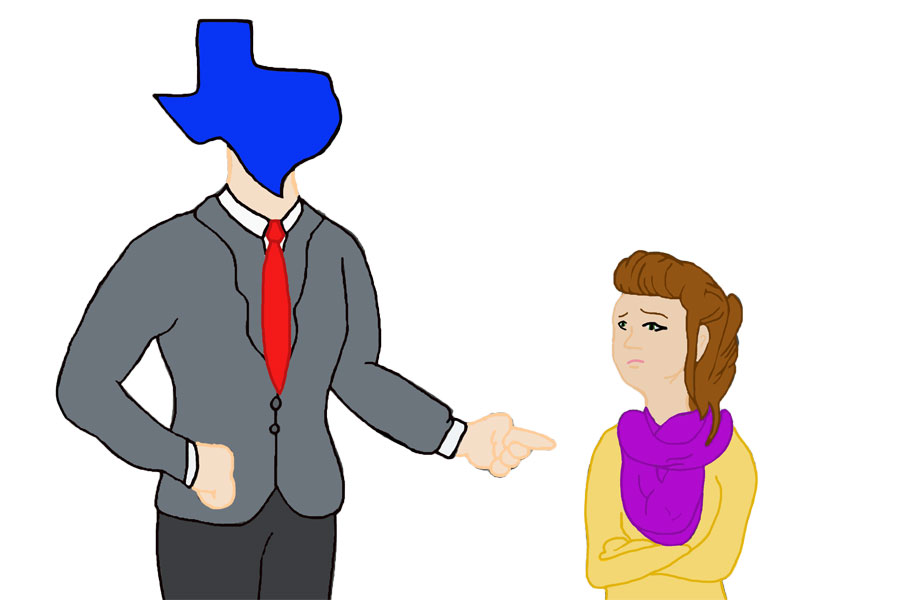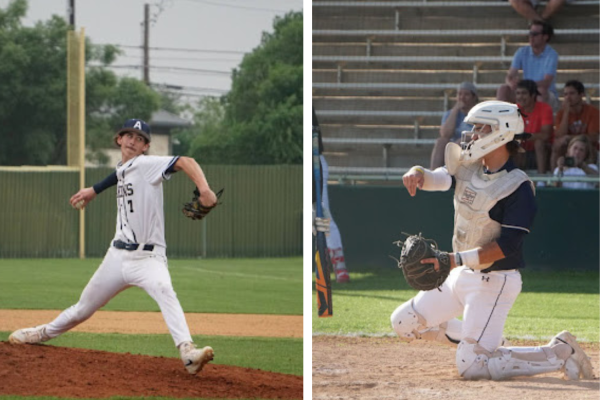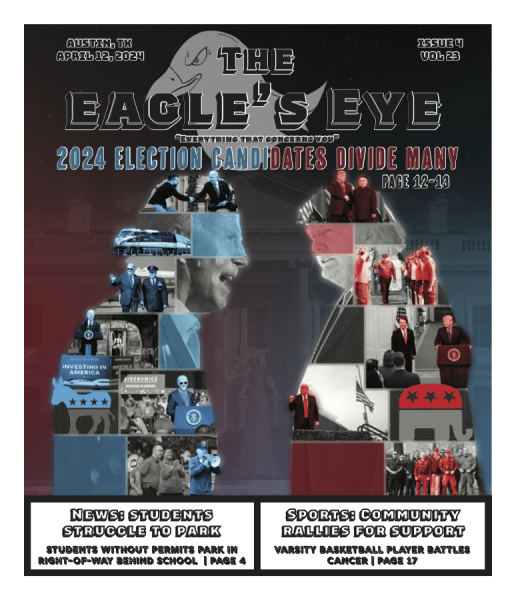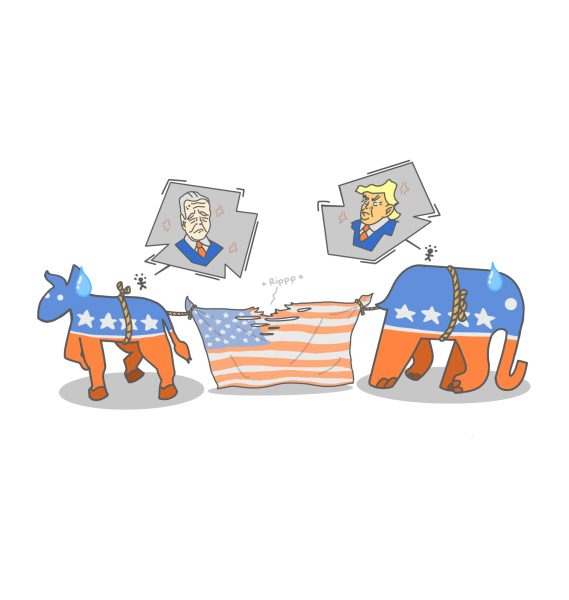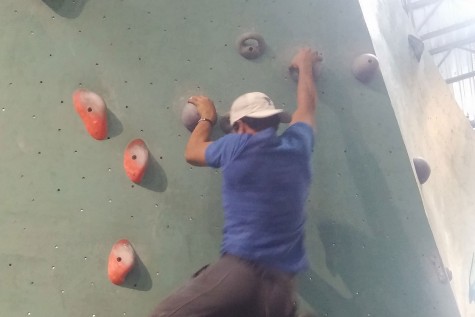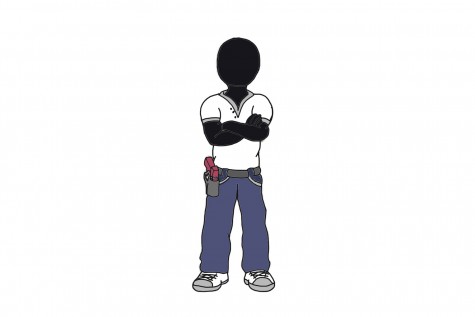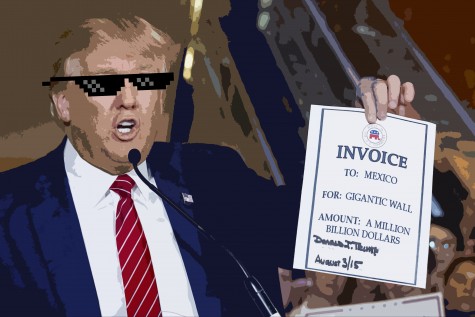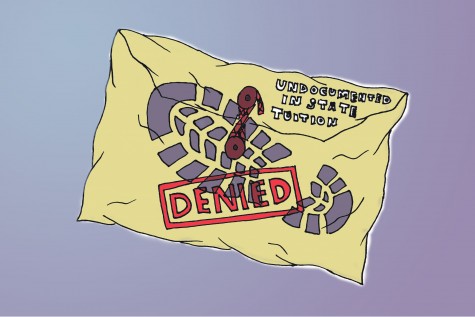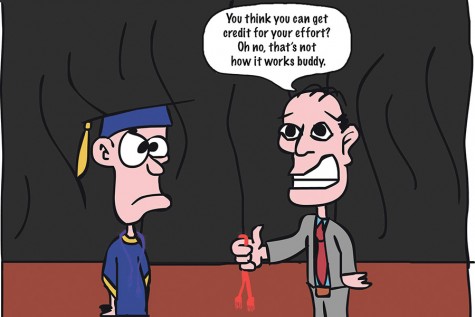State of Texas psychiatric code violates students rights
November 14, 2014
Two students, within the course of this month and September, were unable to attend school for 48 hours after undergoing a psychotic episode within school property, during school hours.
One of these students in particular was forced into a psychiatric watch for 48 hours, despite the parents of this student almost unable to afford having her under psychiatric watch, and despite the fact that this student was moved from hospital to hospital until they found an open spot at Seton Shoal Creek Hospital on Mills Avenue.
The issue that arose here was not the issue of not having a reliable system for attending to patients –which is, or course, is an issue, but not the issue currently being scrutinized– but rather the issue of forced psychiatric watch.
According to Texas State Health and Safety Code featured in TITLE 7, SUBTITLE C, CHAPTER 573 concerning “Emergency Detention, Section 573.001 states that “a peace officer, without a warrant, may take a person into custody if the officer has reason to believe and does believe that the person is mentally ill.”
Considering that, yes, the idea of psychotic episodes could potentially be scary, there is a lack of understanding on the topic itself.
What happens during a psychotic episode? Eight out of ten people don’t realize that all psychotic episodes aren’t the same, and two of those eight people don’t know what a psychotic episode even is.
Essentially, the results of a psychotic episode vary, ranging from breaking down crying to assault and murder.
So yes, it is absolutely understandable that a peace officer would be inclined to force psychiatric watch on an individual, because yes, psychotic episodes can be frightening.
But what about the person’s rights? Whatever happened to the Fourth Amendment in the Bill of Rights to protect oneself against search and seizure? When exactly did the founding fathers decided that your rights could be waved in an effort to “protect oneself?”
Never. As they shouldn’t have, as they wouldn’t have, as they evidently didn’t do.
This is especially true in the case of students because of the facts that students have no rights. Being second class citizens under a Marxist school system means that –according to the Fourteenth Amendment– “all rights are waived upon arrival on school property.”
On top of that, the peace officer is in a position of power where s/he has the option to take action in hopes of benefiting “the greater good.”
What right does the peace officer have to take rights away from another? Why doesn’t the student have the right to execute the rights s/he shouldn’t need the permission to execute?
Point being, a student who experienced some sort of psychotic related episode in school has rights.
He or she has the right to let people know when he or she feels perfectly fine, and that student also has the right to choose how he or she wants to go about his or her life and how he or she wants to manage it. No law, no policy, and no ideology should ever come close to taking away that right.


